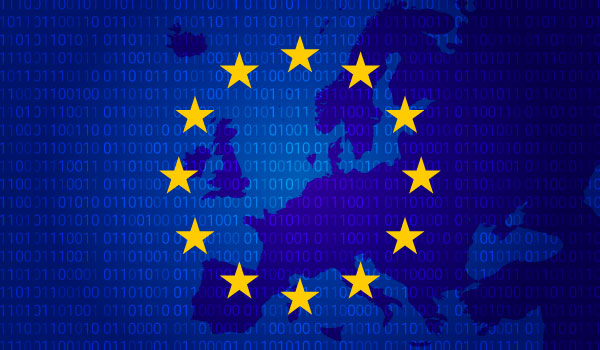The Ministry of Economic Affairs and Digital Transformation has published the second draft of the royal decree regulating the use of mandatory electronic invoicing in business-to-business (B2B) transactions in Spain.
This new text includes modifications regarding the implementation schedule and other aspects but maintains the two essential obligations: the issuance, transmission, and reception of B2B electronic invoices; and the obligation to inform the status of invoices by the recipient.
Implementation schedule
One of the most relevant changes in this second draft is that the implementation schedule will depend on the publication of the Ministerial Technical Order (technical specifications) and not on the publication of the royal decree in the Official State Gazette (BOE). According to the current draft, the schedule is as follows:
Companies with turnover > 8M €:
- Electronic invoicing and invoice status reporting: 12 months from the publication of the Ministerial Technical Order.
- During the first year of mandatory electronic invoicing, the e-invoice must be accompanied by a PDF, unless the recipient waives it.
Companies with turnover < 8M €:
- Electronic invoicing: 24 months from the publication of the Ministerial Technical Order.
- Invoice status reporting: 36 months from the publication of the Ministerial Technical Order.
Other changes
- The UBL format is included in the group of accepted e-invoice formats (Facturae, CII, EDIFACT). The possibility of expanding the list “in consideration of the extent of its use in a particular economic sector or technological innovation in this field” is maintained.
- The mandatory public repository will only accept the UBL format and must be a faithful copy of each invoice.
- The obligation extends to all B2B invoices, including voluntary ones.
- Sectoral exclusions: electricity market, gas, and IATA invoicing (CASS, BSP, SIS-ICH).
- The criterion for calculating payment terms changes: if the invoice contains the date of the operation, the term starts from that date; if not, from the date of issuance of the invoice.
- This new draft establishes the eventual creation of a free tool to generate electronic invoices, which will also be Veri*factu, if necessary.
- Alignment with European regulations ViDA (VAT in the Digital Age).
Operation of the Spanish electronic invoicing system
The issuance and reception of invoices and the notification of statuses will be carried out through the Spanish electronic invoicing system. This system is composed of the public electronic invoicing solution, private electronic invoicing exchange platforms (PIFEs), and the company.
The process will follow these steps:
- The issuing company will send B2B invoices through its PIFE.
- This PIFE must send a faithful copy of the invoice, in UBL format, to the public solution. The public solution will act as a repository and will also send the invoice to the recipient’s PIFE.
- The recipient must communicate the acceptance or rejection of the invoice and its payment within 4 calendar days from when each status occurs.
Next steps
From now on, and until April 7, a period of allegations is open for affected companies to present their comments to the Public Administration.
Voxel will participate in this process, now as part of the Amadeus group, and with the support of the 130 leading companies that signed the “Manifesto for an Equitable Implementation of the Electronic Invoicing Law in the Tourism and Horeca Sector”.
Our main objective is to continue safeguarding the interests and defending the needs of the travel and horeca sector and to work so that Bavel, Voxel’s platform, meets the necessary technical requirements for all our clients to comply with the legislation in force at all times.
Complete the following form if you want to talk to Voxel’s team to receive personalized advice and prepare your company for the imminent regulation of electronic invoicing in Spain.











